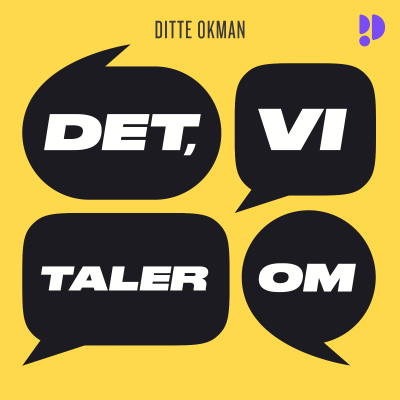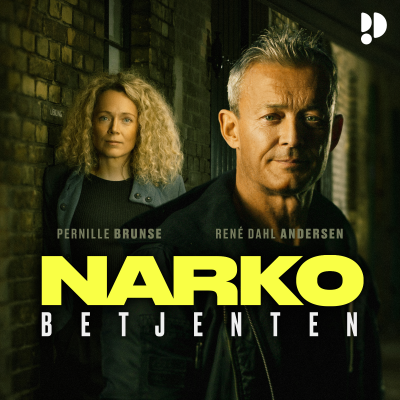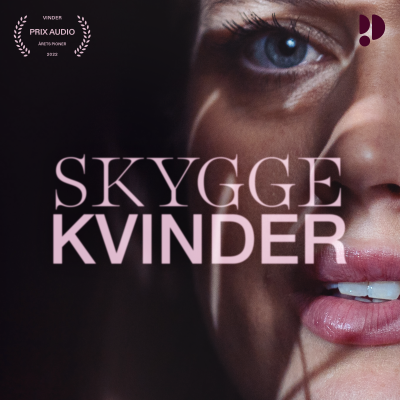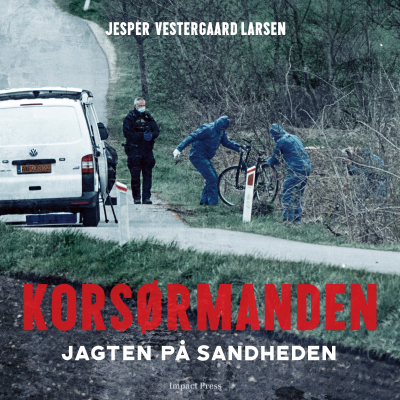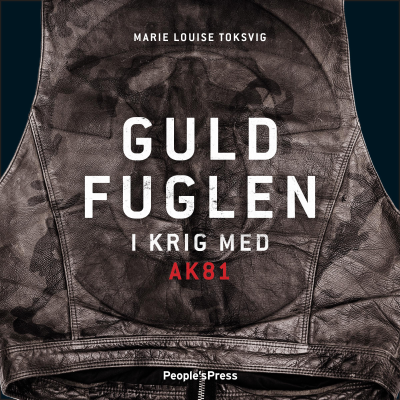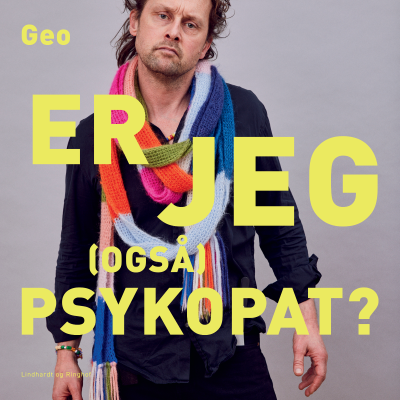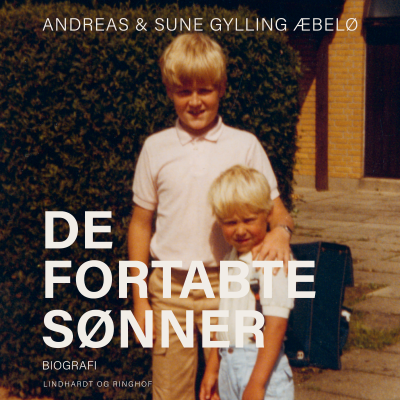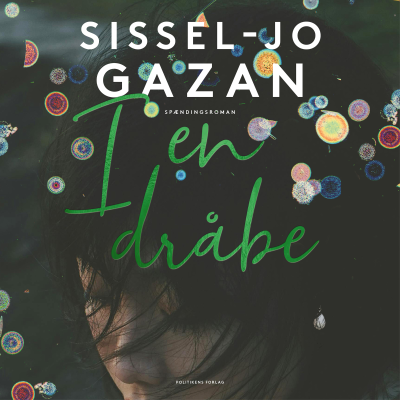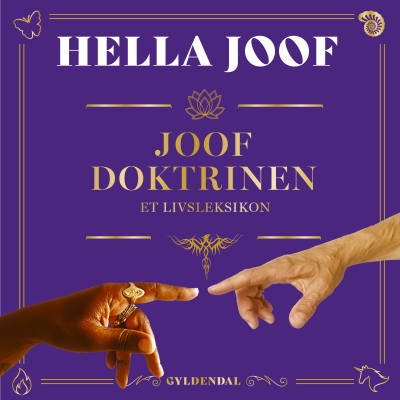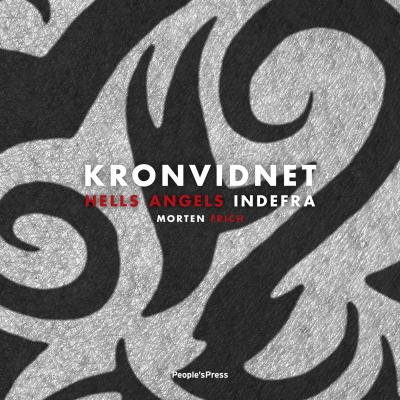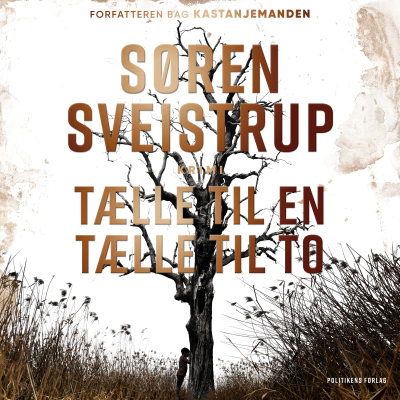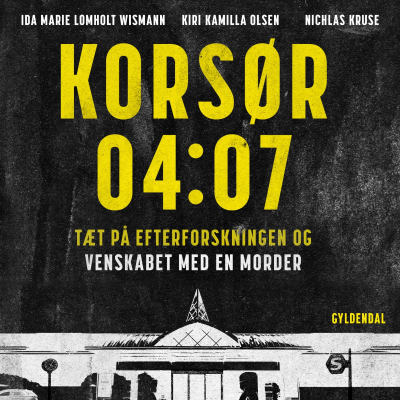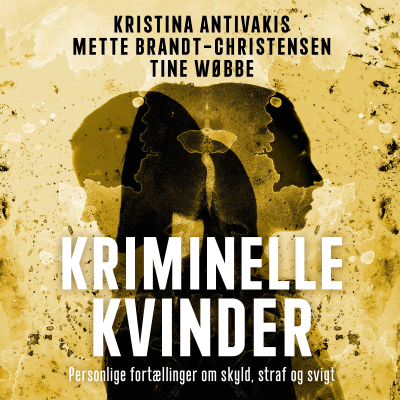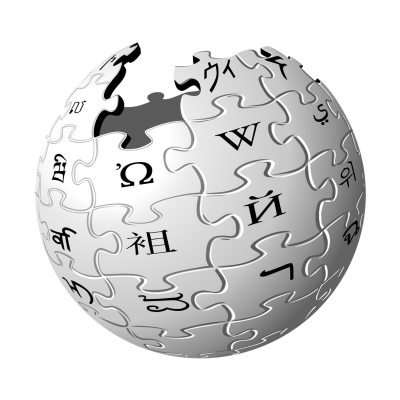
Wikipedia Says
Podcast by Kgothatso Ngako
Wikpedia, the free enclopedia, is a huge source of information on the internet. This frequency is me reading out some articles from the internet.
Start 60 days free trial
99,00 kr. / month after trial.Cancel anytime.
All episodes
5 episodeshe modern violin is about 400 years old. Similar string instruments have been around for almost 1000 years.
Anarchism is a political belief that no government should exist. Anarchists also believe that people's actions should never be forced by other people. A major question in Anarchism is, "What is consent"? Anarchists do not believe that people consent to be ruled by their government. Anarchism is "a cluster of doctrines and attitudes centered on the belief that government is both harmful and unnecessary."[1][2] The word "anarchism" is from the Greek αναρχία, which means "without rulers", not "without rule"; it is also sometimes translated as "without government". In the common language, the word anarchy is often used to describe chaos or anomie. However, anarchists usually do not want this. Rather, they define "anarchy" as a way of relations between people. They believe that, once put into place, these relations work on their own. Anarchists are usually opposed by the systems they wish to topple.
Science is what we do to find out about the natural world. Natural sciences include physics, chemistry, biology, geology and astronomy. Science uses mathematics and logic, which are sometimes called "formal sciences". Natural science makes observations and experiments. Science produces accurate facts, scientific laws and theories.[1][2] 'Science' also refers to the large amount of knowledge that has been found using this process.[3][4] Research uses the scientific method. Scientific research uses hypotheses based on ideas or earlier knowledge, which can be categorized through different topics. Then those hypotheses are tested by experiments. People who study and research science and try to find out everything about it are called scientists. Scientists study things by looking at them very carefully, by measuring them, and by doing experiments and tests. Scientists try to explain why things act the way they do, and predict what will happen.
Poverty means not having enough money for basic needs such as food, drinking water, shelter, or toileteries. Many people in different countries live in poverty, especially in developing areas of West and Sub-Saharan Africa, Latin America and some parts of Asia. There are different ways to measure poverty. The World Bank says that extreme poverty is when someone has less than US$1 a day to live on (that dollar is an ideal one). It has been changed to rule out certain effects such as inflation, meaning that prices of things rise higher than what a person is paid, and other price level differences. Moderate poverty is when people have to live on less than $2 a day. In the year 2001, 1.1 billion people were seen as extremely poor, and 2.7 billion were seen as moderately poor. In the developed world this does not apply. There, many people are seen as the working poor. They have a job, but do not earn enough money for basic things such as food and a home. In most developed countries, people without jobs receive money from the government, but this is often less than they need for a comfortable life. There are different ways to tell if a country is rich or poor. The Gross Domestic Product, or GDP, and Human Development Index, or HDI, are two of those measures. Gross Domestic Product is the money made from trade from inside the country. HDI, meaning the Human Development Index is a different matter. It is determined by life expectancy and adult literacy rates. Places in Africa like Guinea-Bissau and Sierra Leone are the poorest, with Sierra Leone having the lowest HDI ranking in the world. Poverty is a hurdle in the way of a country's progress. One way of helping lower poverty is by educating poor people, so that they can start contributing to a nation's economic development. Education teaches the poor about their rights and may show them the path to become an important part in growth and expansion of the country. Vienna Declaration also tells this fact. One of the most important things that is needed to make a country richer is for the Government to want to help poor people do better. Without this it is hard for people to become better off. “The poor are starving and their hunger keeps them in poverty.” a quote from Nathan Jones
Apartheid was a political and social system in South Africa during the era of White minority rule. It enforced racial discrimination against non-Whites, mainly focused on skin colour and facial features. This existed in the twentieth century, from 1948 until the early-1990s. The word apartheid means "distantiation” in the Afrikaans language.[1] Racial segregation had existed in Southern Africa for centuries, but when the apartheid legislation was introduced by the National Party in 1948; it was strictly enforced and became institutionalized. Under the system, the people of South Africa were divided by their race and the different races were forced to live separately from each other. There were laws in place to ensure that segregation was abided by. The apartheid system in South Africa was abolished in 1994, when a new constitution was ratified which abolished the previous system of segregation.[2] The last President who held office during the apartheid era was Frederik Willem de Klerk; who was responsible for holding negotiations with political prisoner Nelson Mandela to bring an end to apartheid.[3] Following these successful negotiations, Nelson Mandela was elected to the Presidency of South Africa after multi-racial elections were held in April 1994, and became the first Black person to hold the position.[4][5] The pair were awarded the Nobel Peace Prize for their efforts. Today, the term apartheid is sometimes used for similar segregational systems in other countries.
Start 60 days free trial
99,00 kr. / month after trial.Cancel anytime.
Exclusive podcasts
Ad free
Non-Podimo podcasts
Audiobooks
20 hours / month
